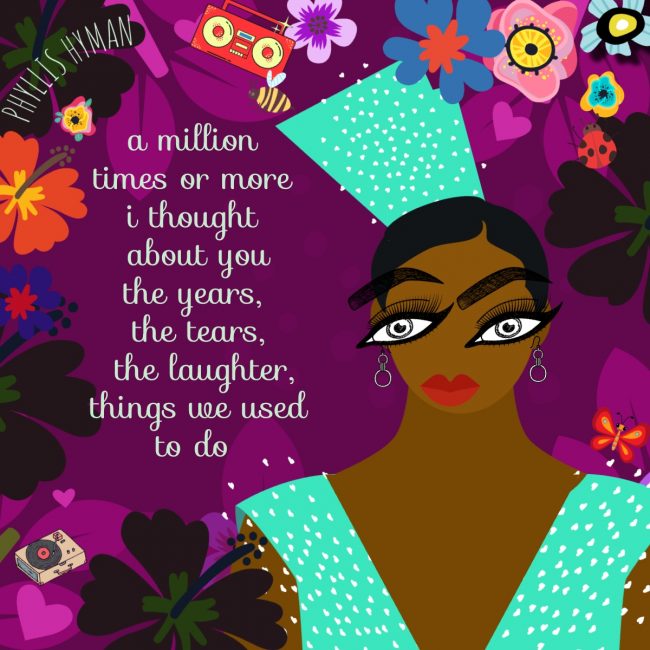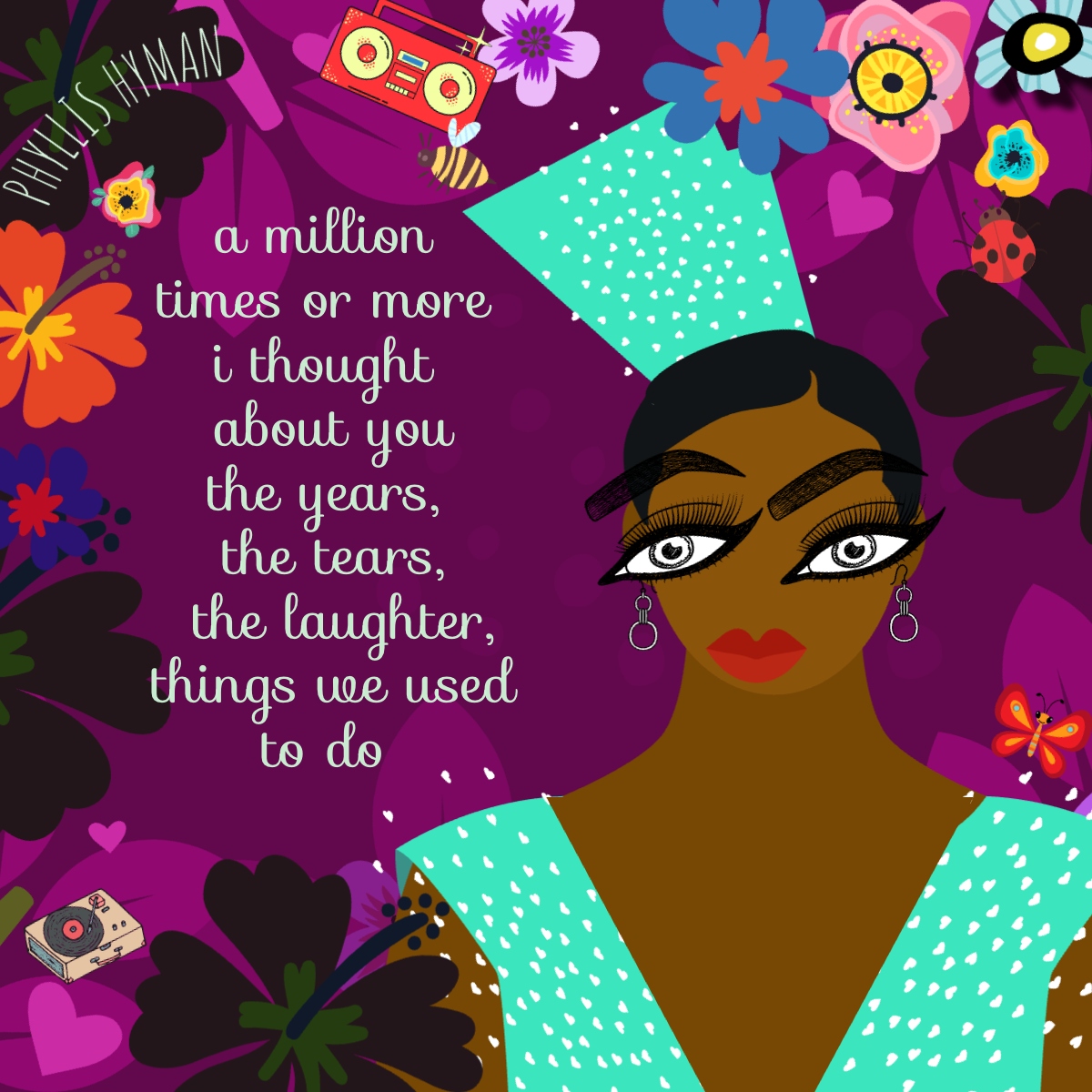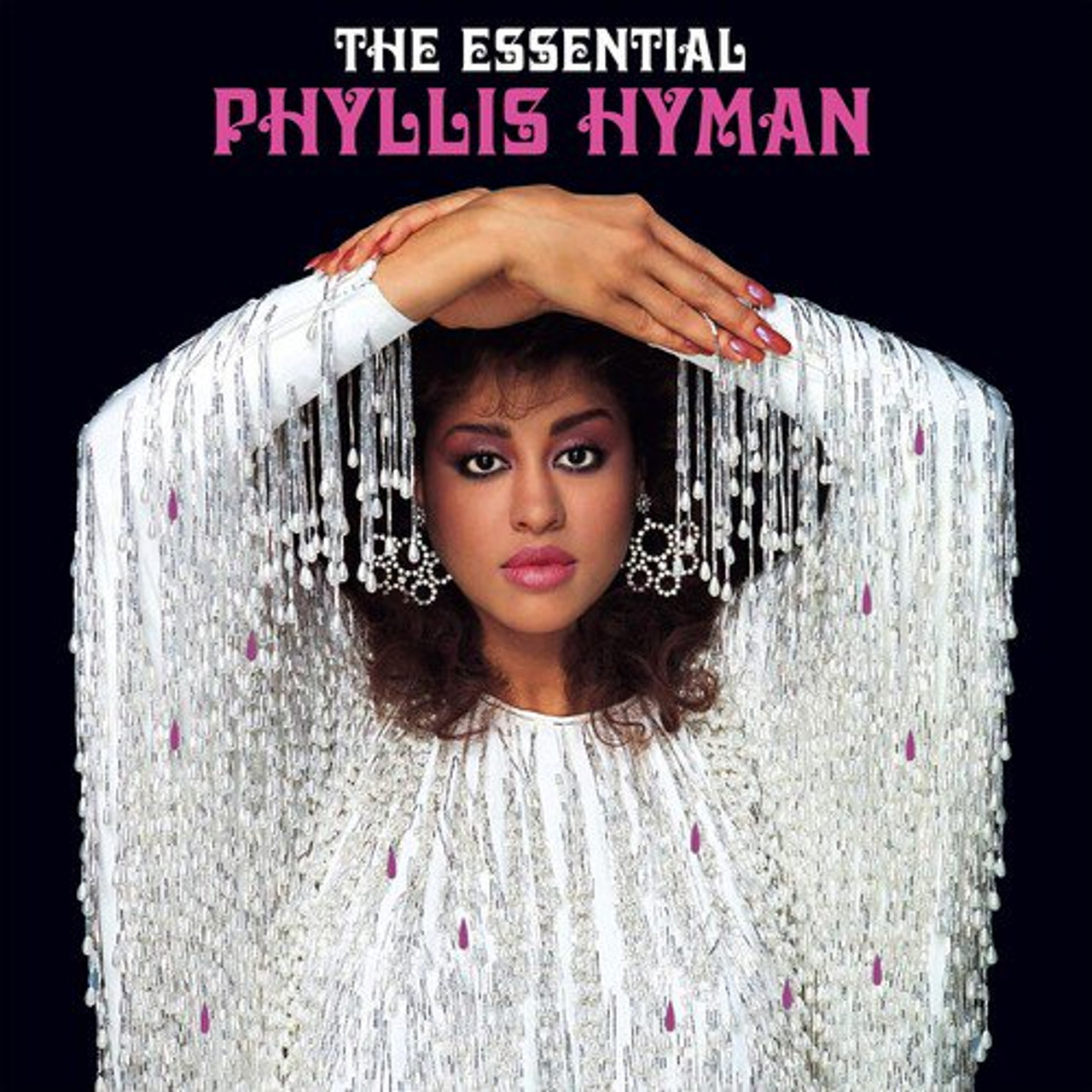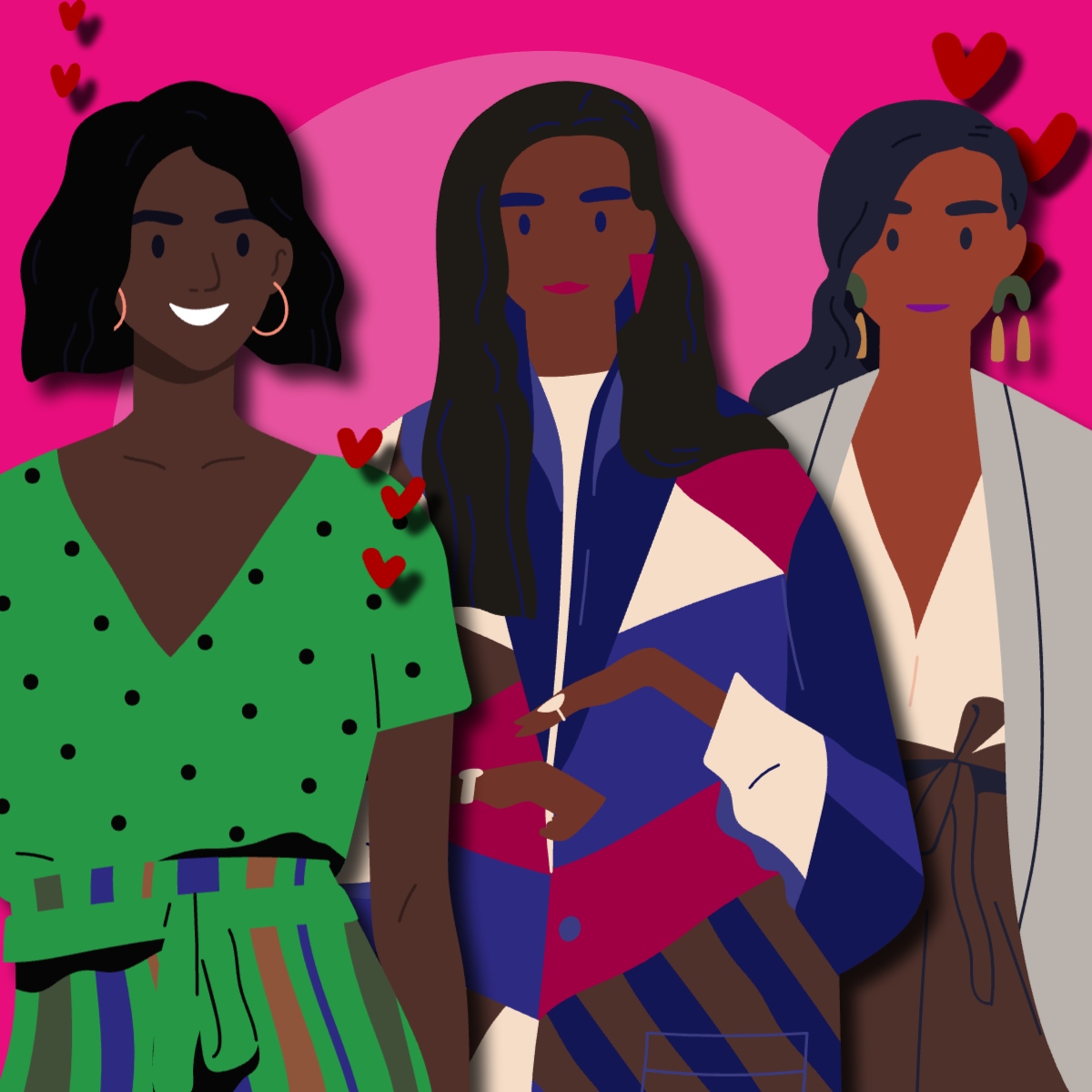Singer and actress Phyllis Hyman was best known for her soulful music from the late 1970s through the early 1990s, including the songs “You Know How To Love Me” (1979), “Living All Alone” (1986), and “Old Friend” (1991).
Deep-voiced and statuesque, Phyllis Hyman’s power, skill, and versatility as a performer enthralled her audiences.

She earned a Theatre World Award and a Tony Award nomination for Best Performance by a Featured Actress in a Musical for her work in the 1981 musical Sophisticated Ladies, which was based on Duke Ellington’s music and ran from 1981 until 1983.
Born in Pittsburgh in 1950, Phyllis Hyman was the eldest of seven children. She grew up in Philadelphia, listening to a wide range of music from James Brown and Nina Simone to Karen Carpenter and Minnie Ripperton.
Her big break came when she gained the attention of jazz drummer Norman Connors, who had a reputation for discovering female vocalists such as Jean Carne. Norman Connors produced Phyllis Hyman’s sultry rendition of The Stylistics’ “Betcha By Golly Wow,” which proved a favorite on R&B radio stations in the United States.
She signed to the New York-based Buddha Record label and cut several fine tracks, which became staple fare on an emerging radio format, the “Quiet Storm,” soul ballads played late into the night.
Later, she signed with Arista Records, reaching an international audience with her albums “Somewhere In My Lifetime,” “Can’t We Fall in Love Again,” and the album that bears the title of one of her biggest hit singles, “You Know How To Love Me.”
1986 she returned to Philadelphia and signed with Kenny Gamble at Philadelphia International Records. Their hit album, “Living All Alone,” included the now-classic single “Old Friend.” This song was a comfort for many of us during the AIDS epidemic. She visited New York City hospices and performed at countless benefits. Phyllis mentioned her own loss made it difficult for her to perform the song. It’s still one of the most beautiful songs ever recorded, filled with sadness and a heartfelt plea to reunite with a lost love.
Phyllis was often plagued with self-criticism. In a 1991 interview with David Nathan, she said, “Up until 5 years ago, I didn’t listen that much to myself… When people would say they loved my voice, I’d wonder, ‘Why are they moved?’ Now, I’m beginning to understand how people can be turned on by my singing… I’ve been told that people can feel a lot more love and calm coming from me these days.”
When she should have been soaring like the songbird she was, Phyllis Hyman’s mental health issues took over her life. She was diagnosed as being “bipolar,” a medical term for someone who suffers from the disease of manic-depression.
As she got older, her disease became more and more challenging t for her to manage. She chose not to use pharmaceutical medication and instead self-medicate. Her self-medication distorted her disease more and more until she felt helpless about ever being able to recover from it. Her self-destructive behavior and problems became more evident to her family, friends, and music industry peers. She attempted suicide twice before she took her life a few days before her 45th birthday and only a few hours before she was due to appear at the Apollo Theatre in Harlem.
“As an artist, she sang her desperation. She has a song that is a soundtrack of her entire life, ‘You Just Don’t Know What I’ve Been Going Through,’ ” said Frank Sheffield, Hyman’s long-time friend who managed the jazz station at Hampton (Va.) University, where Hyman often appeared.
After Phyllis’ passing, Roberta Flack said, “Phyllis’ voice, at once breathy and resonant, will sing in my heart and spirit forever.”
Podcast guests include Alyson Williams, Queen Diva, Patricia Farrell, PhD, Kristina Wolfe, ‘Tabouli: The Story of a Heart-Driven Diabetes Alert Dog’ Author Matt Pelicano, Elizabeth Vaughan Gallagher, Stacie Shonkwiler, and the Charlie’s Angels of Outreach with Patricia Addie-Gentle.
Throughout the podcast, we will feature music from “The Essential Phyllis Hyman” album courtesy of SONY Music.




